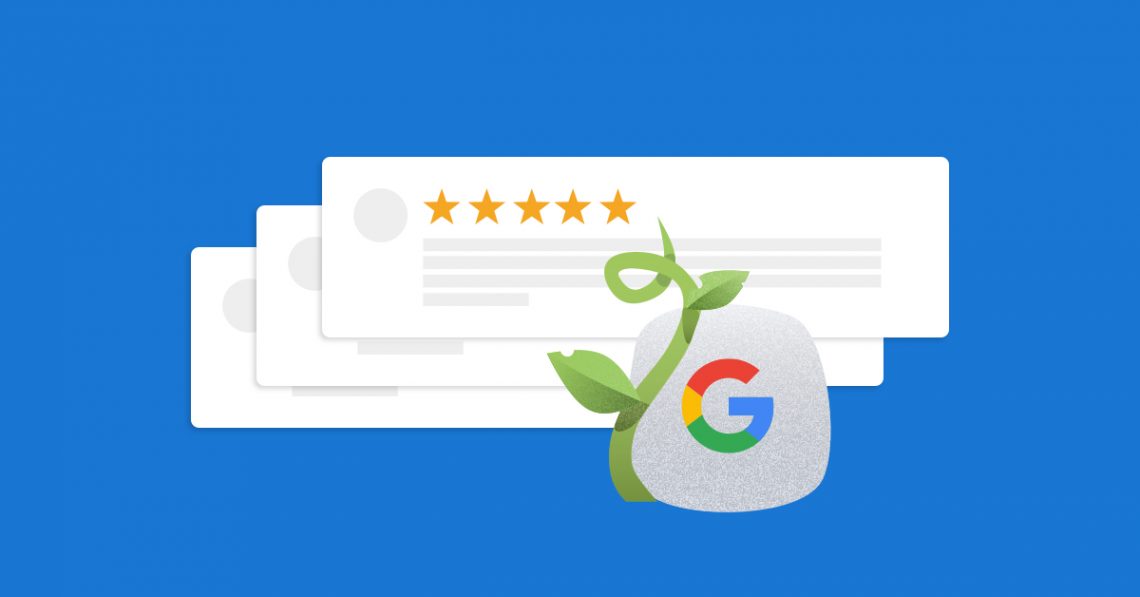When you get a glowing review on a site like Google, it’s only natural to want to brag a little. After all, according to The One report conducted by Birdeye, 74% of consumers read reviews before deciding on a product or service.
It seems natural that you might want to get benefits across multiple platforms. That’s why some businesses copy reviews onto other sites like Facebook, hoping each review will reach more prospective customers this way.
It’s easy to see why they might assume this: content shared in more places means content seen by more people, right?
Wrong. Regarding review marketing, there are important guidelines to keep in mind.
Before we examine why copying and pasting your good reviews is a bad idea, are you ready to discover why online reputation management is crucial for your multi-location business in under 15 minutes?
Check out these ten tips that can help all of your locations get discovered online. By the end of this audio guide, you will know how to start collecting more reviews from customers to drive conversions! Reviews are essential to businesses because they offer fast, authentic feedback from customers.
Negative reviews can leave a bad taste in your mouth. Still, there are ways you can deal with them and prevent brand reputation issues– like how some companies will only collect positive customer comments at each location rather than on the company level.
Table of contents
Why copy and paste is a bad idea for your reviews
Simply copying and pasting the review text and publishing it on other sites violates Google’s policy: “Do not post reviews on behalf of others or misrepresent your identity or connection with the place you’re reviewing”.
Pasting in someone else’s words about your own business is a double no-no, and gives Google grounds to remove the pasted reviews.
Even if policies weren’t being violated, copying reviews word-for-word wouldn’t fool Google’s algorithm. Google aims to showcase the best content out there and deliver the best search experience to each user. Therefore, they only want to deliver a piece of content to each user once. If Google comes across the exact same review on multiple review sites, it flags this as duplicate content.
What’s wrong with copying your reviews?
By definition, duplicates are not unique, therefore they are less valuable, both to your customers and to Google itself. When Google’s bots run into duplicate content, they try to figure out which version is the original. That’s what they’d prefer to show. If they can’t determine this, they choose the site with the most authority. All the other versions of this content are penalized and moved down in search results.
So what happens if you copy a review originally written on Google? The Google review would be selected to appear in results over duplicate versions on Facebook and other sites. If you took things too far and had dozens of duplicate reviews posted on multiple sites, you could risk harming SEO for all your review site profiles.
It’s also important to consider user perception of duplicate content in reviews. If a customer is researching your business online and scans multiple review sites only to find identical reviews on each one, your business is going to appear way less credible.
To recap, copying and pasting reviews is harmful because:
- Duplicated reviews will get penalized due to their lack of uniqueness
- You can damage your SEO across review site profiles
- Consumers will see you as far less credible when you duplicate reviews
How Birdeye helps you get more mileage out of your reviews
Remember, you are the publisher, not the author. There are ways to promote your reviews across the web without being penalized.
For example, Birdeye lets you embed reviews on your company website, social channels, and 50+ consumer sites. Embedding reviews involves using snippets of code to display the review on another site while still including its original URL.
This way, you’re publishing the review in a different place but attributing it to its rightful author and review source. What about that whole duplicate content issue we just ranted about? Not a problem. Google identifies embedded content as a representation of the original post. Embedded reviews are not penalized.
Review generation with Birdeye can help you get more online customer reviews and maintain a positive online reputation.
Alongside our native AI capabilities, Birdeye’s integration with Google’s API makes online review management easy and automatic. As new reviews are posted on Google, they’re automatically embedded on sites of your choice based on the criteria you’ve defined. Birdeye also creates a custom review profile for each of your business locations, displaying an updated feed of your recent reviews from 150+ sites.
Why Birdeye review profiles rank highly in search
Since they’re constantly refreshed with new reviews, Birdeye profiles rank high in search results. To make sure you cover all the bases, Birdeye also lets you embed a live feed of your best reviews on your website. Just because someone lands on your site doesn’t mean they’re sold on you already. Often, authentic consumer reviews can provide that final push needed to convert site visitors into new customers.
You might also want to check out our blog designed to help you learn how to understand Google Business Reviews.
Reviews are a highly effective form of marketing content, and you should absolutely promote them across the web–just be smart about it and don’t copy and paste reviews from one site to another

Originally published









